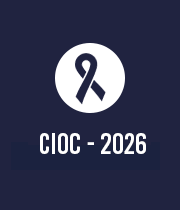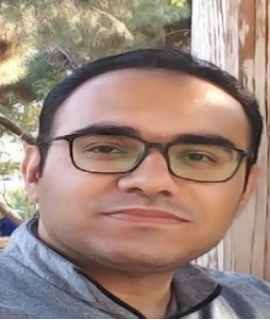Title : Data mining of bulk and Single-Cell RNA sequencing introduces OBI1-AS1 as an astrocyte marker with possible role in Glioma recurrence and progression
Abstract:
Long non-coding RNAs (lncRNAs) are widely known for their various functions in cancer from tumor initiation to tumor progression and metastasis. Gliomas are the most prevalent primary forms of brain tumor, classified into grades I to IV according to their malignant histological features with grade IV, also known as Glioblastoma Multiforme (GBM), displaying the highest level of malignancy. Thus, the search for Differentially Expressed LncRNAs (DELncRNAs) in GBM versus Low-Grade Glioma to uncover new insights into the molecular mechanisms of glioma progression have intensified. Bulk RNA sequencing pinpointed decreased expression of OBI1-AS1 in GBM compared to Low Grade Glioma (LGG) samples. Subsequent single nuclei RNA sequencing revealed OBI1-AS1 to be a super-exclusive astrocyte marker with AUC=0.99 and the potential to fully differentiate astrocytes from other brain cells. Additional supplementary bioinformatics analysis exhibited OBI1-AS1 role in synaptic signal transduction and glutamatergic signaling. In addition, ChIP-Seq data was analyzed to explore transcription factors that can regulate OBI1-AS1 expression in neural cells. Results of Hi-C, methylation and ChIP-Seq analysis strongly suggest methylation of the CTCF binding site serving a central role in regulation of OBI1-AS1 expression via managing chromatin interactions. Our study indicated that lncRNAs, like OBI1-AS1, could be extremely precise in identifying the astrocyte cluster in the single-cell transcriptome and demonstrating superiority to well-established astrocyte markers such as GFAP, S100B, ALDH1L1, and AQP4.



